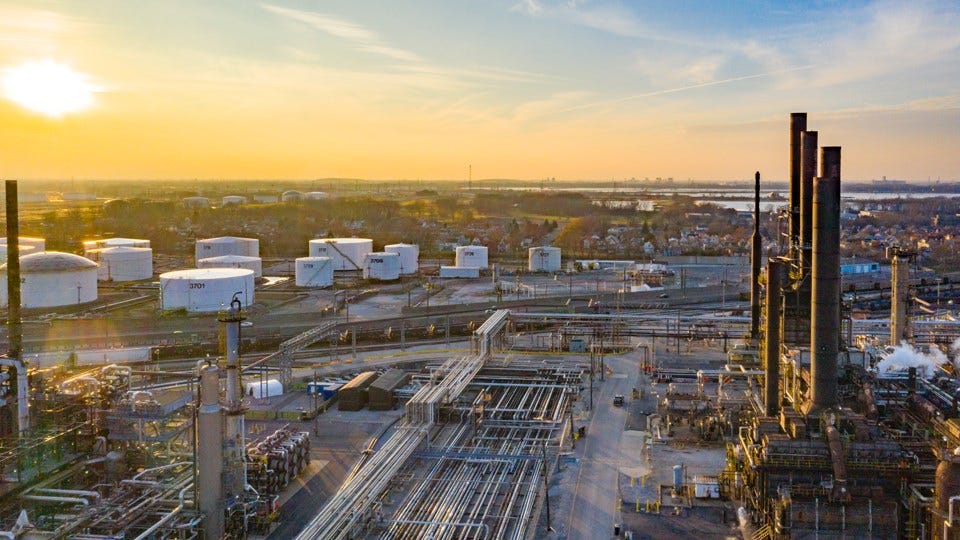EPA sued for ‘lax standards’ at BP refinery
Subscriber Benefit
As a subscriber you can listen to articles at work, in the car, or while you work out. Subscribe Now
A coalition of 13 environmental groups has filed suit against the U.S. Environmental Protection Agency claiming the federal government is not doing enough to reduce the amount of toxic chemicals discharged from the BP Whiting Refinery and into Lake Michigan. Our partners at The Times of Northwest Indiana report the suit demands the EPA review and, if necessary, tighten water standards at least once every five years.
Chicago-based Surfrider Foundation, which leads the suit, is asking that a federal court order the EPA to update its nearly 40-year-old water quality guidelines.
“Just south of Chicago, thanks to lax standards by EPA, the BP Whiting Refinery dumps 18 million gallons of wastewater into Lake Michigan every day — a gross contamination loaded with nitrogen, arsenic, and other pollutants,“ said Surfrider Foundation Chair Mitch McNeil. “Besides the lake being a major source of recreation for the region, it’s the resource for drinking water. We sincerely hope this federal lawsuit will force EPA to crack down on water pollution from oil refineries — nationally and locally.”
The suit alleges more recent technology in the control of industrial wastewater could reduce not only pollution here, but also billions of gallons discharged by refineries, fertilizer manufacturers and other chemical plants across the United States.
Earlier this year, Washington D.C-based Environmental Integrity Project released the results of a study that examined 81 refineries. The organization says the BP Refinery that occupies 1,400 acres of lakefront across Whiting, East Chicago and Hammond is one of the worst polluters in the nation.
The environmental group says the plant discharges high volumes of selenium and nitrogen. The organization also criticizes the EPA for not setting strong enough limits on other hazardous chemicals.
“But EPA has never set limits for many pollutants and has failed to update the few decades-old limits that exist — including those that are now almost 40 years ago for oil refineries,” said EIP spokesperson Tom Pelton.
The publication sought comments about the new litigation from both the EPA and BP, but both declined. However, a BP spokesperson said in January that it operates within the limits of its federal permit regarding water discharge.
The Whiting refinery is BP’s largest in the world and processes 440,000 barrels of crude oil daily.
Click here to access the full report from Bill Dolan and The Times of Northwest Indiana.
